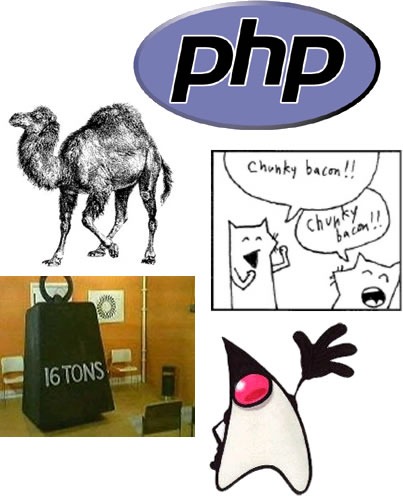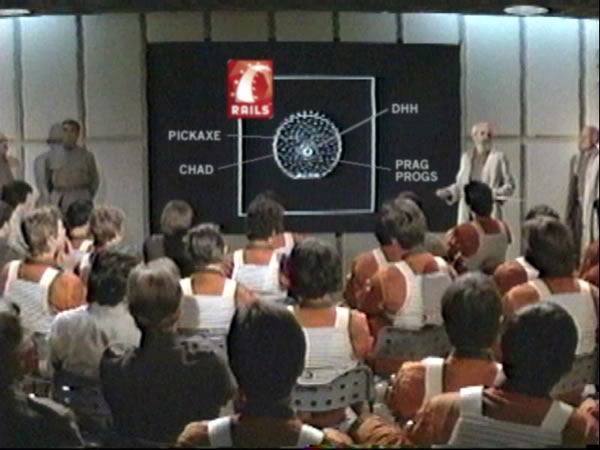O’Reilly’s conference on Open Source, OSCON, takes place this week in San Jose, California. One of the events taking place at OSCON is the Open Source Language Roundtable, the abstract for which appears below:
We all have our favorite languages in our tool-belt, but is there a ‘best’ overall language? If anyone can hash that out, it will be the members of this roundtable discussion, some of the stars of the open source language space. This wide-ranging session, hosted and moderated by the O’Reilly Media editorial staff, and broadcast live on the web, will try to identify the best and worst features of each language, and which are best for various types of application development.
The roundtable will me moderated by O’Reilly Media’s James Turner and will cover the following languages, listed below with the corresponding panelist:
- Java: Rod Johnson (SpringSource)
- Perl: Jim Brandt (Perl Foundation)
- PHP: Laura Thomason (Mozilla)
- Python: Alex Martelli (Google)
- Ruby: Brian Ford (Engine Yard)
You can catch this roundtable even if you’re not going to be at OSCON because O’Reilly is webcasting the event. It takes place this Wednesday, July 22nd at 10pm EDT (7 pm Pacific) and is expected to run 90 minutes. It costs nothing to catch the webcast and you’ll even be able to ask the panelists questions via chat, but you’ll need to register.




 Whether you think of it as “Practical Extraction and Report Language” or “Pathologically Eclectic Rubbish Lister” (that’s my choice), we internet app developers owe a lot to Perl. It may have started as a little language that let its creator Larry Wall automate administrative tasks, but in the 1990s, its strong text-manipulation capabilities made it well-suited for producing dynamic web applications. Its success in this arena earned it the sobriquet “The Duct Tape of the Internet” and it led the wave of “scripting languages” — of which my current language of choice, Ruby, is a member — which function as the “P” in the LAMP stack. I think of Perl in the way I think of all those music lessons I had to take as a kid: it drives me crazy, but I wouldn’t be where I am without it.
Whether you think of it as “Practical Extraction and Report Language” or “Pathologically Eclectic Rubbish Lister” (that’s my choice), we internet app developers owe a lot to Perl. It may have started as a little language that let its creator Larry Wall automate administrative tasks, but in the 1990s, its strong text-manipulation capabilities made it well-suited for producing dynamic web applications. Its success in this arena earned it the sobriquet “The Duct Tape of the Internet” and it led the wave of “scripting languages” — of which my current language of choice, Ruby, is a member — which function as the “P” in the LAMP stack. I think of Perl in the way I think of all those music lessons I had to take as a kid: it drives me crazy, but I wouldn’t be where I am without it.